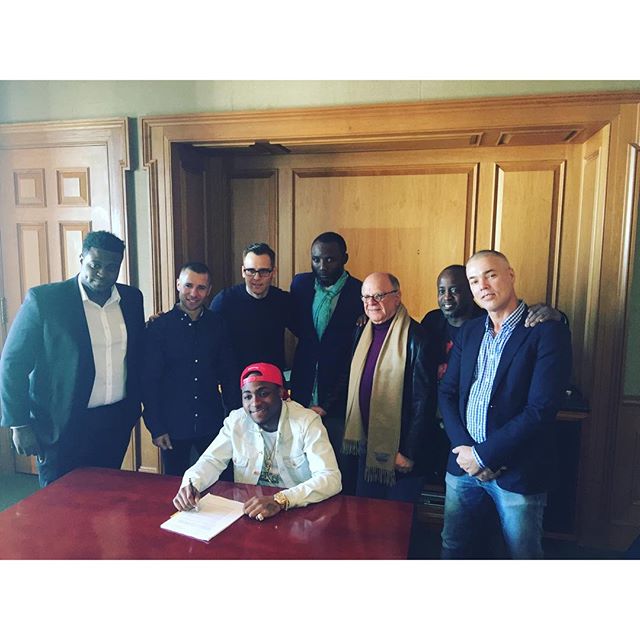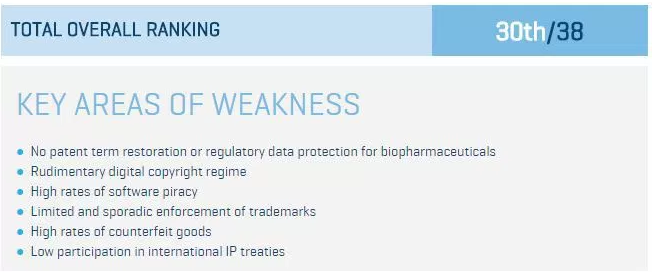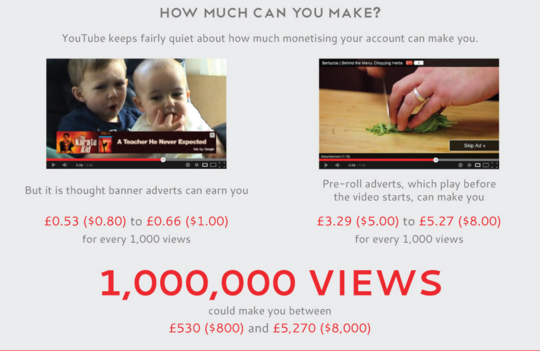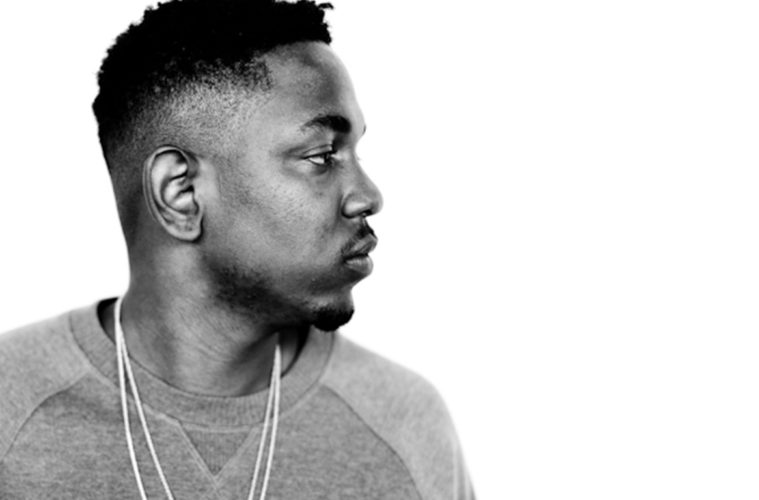Continued from part 1…

Source – Instagram
However, I think what Sony Music is doing with Davido right now is going to give him a better opportunity to succeed internationally than Banga Lee ever had. Davido’s signing is part of Sony’s strategic direction to expand operations into the Middle East and Africa, as explained by Adam Granite, Sony’s president of Northern/Eastern Europe & Africa.
The company actually has an addressable office in Lagos this time around but perhaps what will be key to the company’s long-term survival here is the infrastructure they plan to bring along to protect their investments. There are indeed plans to operationalize Sony/ATV to help secure publishing rights locally. In explaining the thought behind this, Granite opines –
Historically Nigerian music was focused on the live business as the only way to secure income… Recorded music was thought of as promotional… Music publishing was something a lot of artists never thought about.
This is good but the truth is that Sony/ATV (and indeed others) will have to find a formula to work with the Copyright Society of Nigeria (COSON), the sole recognized collector in Nigeria’s publishing industry.
The effectiveness of such a formula is something that time will determine but we can expect a little more sanity in the way musical works are sampled and published at least among the artistes the major labels and publishers protect. Those artistes become part of a bigger music family and if they don’t align with global best practice, the results could potentially be costly for them and their companies.
International copyright agreements make this global family small. EMI Music Arabia might have lost its case against Timbaland and Jay Z for using the work of an Egyptian artiste in a way that they didn’t like but this kind of court case demonstrates the protection that multinational publishing companies can provide their artistes in the countries they operate even when the artistes themselves are not there.
But don’t fret, none of this stuff will happen immediately or in the next few months or even in the next few years. There are still greater issues facing copyright laws in Nigeria, the Global Intellectual Property Center (GIPC) ranked us 30th out of 38 countries in their 2016 International IP Index.

Source: Global Intellectual Property Center
COSON and other bodies are working hard to address these but we need to learn to crawl first before we apply for a slot at the Lagos City marathon.
Besides, what equity is there to actually sue a Nigerian artiste for in 2016? Sony Music has identified Caller Back Ringtones (CRBT) as the distribution medium they expect to generate the most revenue from on purely musical recording and since the Telcos guard information on sales from CRBTs with their life, we can only guess what numbers are in there that got Sony excited.
However, what we can say for sure is that there aren’t many avenues to generate non-CRBT revenue from music recordings. YouTube presents one of the most viable. Wizkid’s biggest song “Ojuelegba” has less than 10 million YouTube views, so if you believe the math here, then Wizkid could have made something in the region of $80,000 from YouTube views already.

Source – Adweek
These are all upper bound estimates of course.
While this is not lunch money by any means, it’s not exactly Dasuki’s bank statement either.
“Ojuelegba” samples Leon Haywood’s “I Want to Do Something Freaky To You”. Would it be worth the trouble in legal fees and other resources for his estate to pursue Wizkid/Star Boy if they didn’t ask for permission before using it?
Maybe not today but if Wizkid and his peers continue to rise at the rate that they currently are, it won’t be too long before some intellectual property owners begin to ask themselves this question.


